Amir Khan Muttaqi, the Afghan foreign minister, is expected to visit India next week around October 9-10, 2025. The upcoming visit is highly significant, as it will be the first ministerial-level meeting between the Taliban government and India since the Taliban’s takeover of Afghanistan in 2021. The visit is also clubbed with his Russia visit for Moscow format talks on Afghanistan.
India does not officially recognise the Islamic Emirate of Afghanistan government or the Taliban government but has pragmatically engaged with Kabul since 2021 for humanitarian aid and trade facilitation and increased diplomatic contacts. In January 2025, Indian Foreign Secretary Vikram Misri met with Muttaqi in Dubai. This was followed by a phone conversation between Indian External Affairs Minister S Jaishankar and Muttaqi in May 2025.
Muttaqi, like other senior Taliban leaders, is subject to a UN travel ban. India secured a waiver from the UN Security Council’s 1988 sanctions committee to allow the visit. This was a critical step in enabling the meeting to take place.
Significance of Visit
The significance of the visit lies in several key areas:
Strengthening diplomatic ties: The meeting marks a key moment in the improving, though unofficial, relationship between India and the Taliban-led administration. India has been cautiously increasing its engagement with the Taliban, and this high-level visit represents a major step toward normalising relations.
Countering regional rivals: The visit allows India to reassert its influence in Afghanistan, particularly in response to China and Pakistan, which are also vying for a strong relationship with the Taliban. India aims to ensure its interests are protected and prevent its rivals from dominating Kabul. By engaging with the Taliban, India seeks to balance its security interests with other regional dynamics, including the growing influence of China and Pakistan in Afghanistan.
Geopolitical and trade interests: The visit will provide an opportunity to discuss crucial issues, including trade and connectivity projects. A key focus will be leveraging Iran’s Chabahar port, which India is developing, to provide Afghanistan with a sea route for trade that bypasses Pakistan. This would decrease Afghanistan’s economic reliance on Pakistan and undermine the importance of Pakistan’s ports. The Taliban is supportive of India’s plans to improve connectivity, as it would benefit Afghanistan’s own trade links.
Security cooperation: Combating terrorism will be a central topic of discussion. India has been concerned about Afghanistan being used as a staging ground for anti-India activities and will seek security guarantees from the Taliban. The Taliban, for their part, have a shared interest in cooperating against rivals like the Islamic State Khorasan Province (ISKP).
Humanitarian and developmental needs: The discussions will build on India’s continued humanitarian aid and development projects in Afghanistan, including in the health, food, and education sectors. India has provided scholarships to Afghan students and continues to support the Afghan people through various assistance programmes. India’s continued humanitarian aid and consideration of development projects offer the Taliban regime pragmatic incentives to cooperate on counter-terrorism and prevent Afghanistan from becoming a haven for anti-India terror groups.
Counter-Terrorism
During the forthcoming visit of Afghan Foreign Minister Amir Khan Muttaqi to India, a primary focus for India will be on securing firm commitments regarding counter-terrorism. A central concern is that Afghanistan’s territory could be used as a base for terrorist groups to plan and launch attacks against India. India will press Muttaqi for concrete assurances that the Taliban regime will not permit anti-India terrorist activity from Afghan soil.
India has long been worried about the activities of Pakistan-based militant groups, such as Lashkar-e-Taiba (LeT) and Jaish-e-Mohammed (JeM), which have historical links with the Taliban and have executed attacks in India. India will seek action from the Taliban to dismantle these groups and prevent them from operating out of Afghanistan.
Impact Shorts
More ShortsIndia is concerned about a resurgence of cross-border terrorism, particularly in Jammu and Kashmir. In May 2025, a terror attack in Kashmir’s Pahalgam killed 26 tourists. Although the Taliban government condemned the attack, India will emphasize the need for continued action against such threats. India is concerned that advanced weaponry left behind by international forces could fall into the hands of extremist groups in Afghanistan, potentially being used against Indian interests.
The Taliban’s ability to control and secure these arms is a key security consideration. India’s decision to engage with Muttaqi is a pragmatic move intended to address these security issues directly with the Taliban government. Despite not formally recognizing the Taliban regime, direct high-level talks provide a channel to convey India’s security interests clearly and seek assurances from the Afghan leadership.
During his visit, India should seek concrete assurances from Afghan Foreign Minister Amir Khan Muttaqi regarding Pakistan-based militant groups. India’s main security concern is that Afghanistan could become a safe haven for terrorist organizations that have historically targeted India, such as Lashkar-e-Taiba (LeT) and Jaish-e-Mohammed (JeM), which are both based in Pakistan.
Specifically, India should seek assurances and actions related to the following issues:
Dismantling militant infrastructure: India should press the Taliban to dismantle the training camps, funding networks, and other infrastructure used by Pakistan-based militant groups within Afghanistan.
Ending support for cross-border terrorism: New Delhi wants a firm guarantee that Afghan territory will not be used to launch terrorist attacks into India, particularly in regions like Jammu and Kashmir. This was highlighted by India’s concern over the May 2025 terrorist attack in Kashmir’s Pahalgam, which the Taliban condemned.
Action against designated terrorists: India could push for action against specific individuals and groups designated as terrorists by India and the United Nations, such as Jaish-e-Mohammed founder Masood Azhar and Lashkar-e-Taiba leader Hafiz Saeed. India wants these individuals brought to justice and prevented from using Afghanistan as a base of operations.
Intelligence and security cooperation: India will likely seek assurances of cooperation from the Taliban’s security apparatus to prevent infiltration and monitor the movements of Pakistan-based militants. This reflects India’s broader pragmatic approach to security, engaging directly with the de facto rulers in Kabul.
Pakistan’s ‘Strategic Depth’
A key part of India’s strategy is to prevent Afghanistan from again being used by Pakistan as a source of “strategic depth”, a tactic where Pakistan cultivates militant allies in Afghanistan to counter Indian influence. India will seek assurances that the Taliban will assert an independent foreign policy, free from Pakistani influence, particularly in matters of security. India’s renewed engagement with the Taliban, including Muttaqi’s visit, is driven by the need to protect its national security interests and is an attempt to seek reliable security guarantees directly from Kabul, rather than through intermediaries.
The Taliban’s increasing engagement with India directly affects its relationship with Pakistan, largely to the latter’s disadvantage. This shift represents a significant turn in the geopolitical rivalry between India and Pakistan over influence in Afghanistan. For decades, Pakistan viewed Afghanistan as a source of “strategic depth” to counter India.
India’s renewed engagement with the Taliban erodes this strategic calculation in several ways: After the Taliban regained control in 2021, many expected Pakistan to have a dominant influence in Kabul. However, the Taliban is now using its diplomatic ties with India as leverage to assert greater independence from Pakistan. By expanding its own relationship with the Taliban, India can fill a vacuum created by Pakistan’s declining influence.
Conclusion
In conclusion, India’s approach marks a notable change from its policy during the Taliban’s previous rule in the 1990s, when it refused to engage and left a vacuum for Pakistan to fill. India’s current calibrated engagement suggests a shift in its strategy from opposition to active, pragmatic competition for influence.
By offering humanitarian aid and signalling potential development projects, India aims to build influence and goodwill in Afghanistan, which Pakistan views as a deliberate attempt to encircle and destabilise it. Pakistan is uncomfortable with India’s growing engagement with the Taliban in Afghanistan, viewing it as a diplomatic setback and a potential threat to its security interests. Pakistan’s historical attempts to influence the Taliban for “strategic depth” against India appear to have backfired, leaving Islamabad resentful of the developing relationship.
While the shift may yield tactical gains for India, it comes with risks. It normalises relations with a regime widely condemned for human rights abuses and may alienate the broader Afghan population who resent the Taliban’s rule. The Taliban’s policies, particularly those restricting women and girls from education and public life, pose a significant moral dilemma.
For India, engaging with the regime while maintaining its diplomatic stance on human rights and inclusivity is a delicate balancing act. India will need to maintain a pragmatic, cautious approach to advance its interests and check rival powers while overlooking human rights concerns under the Taliban rule. India has shifted from a policy of detachment to a more pragmatic engagement, driven by regional realities, but it will still refrain from formally recognising the Taliban regime.
The writer is a retired Indian diplomat and had previously served as Ambassador in Kuwait and Morocco and as Consul General in New York. Views expressed in the above piece are personal and solely those of the author. They do not necessarily reflect Firstpost’s views.


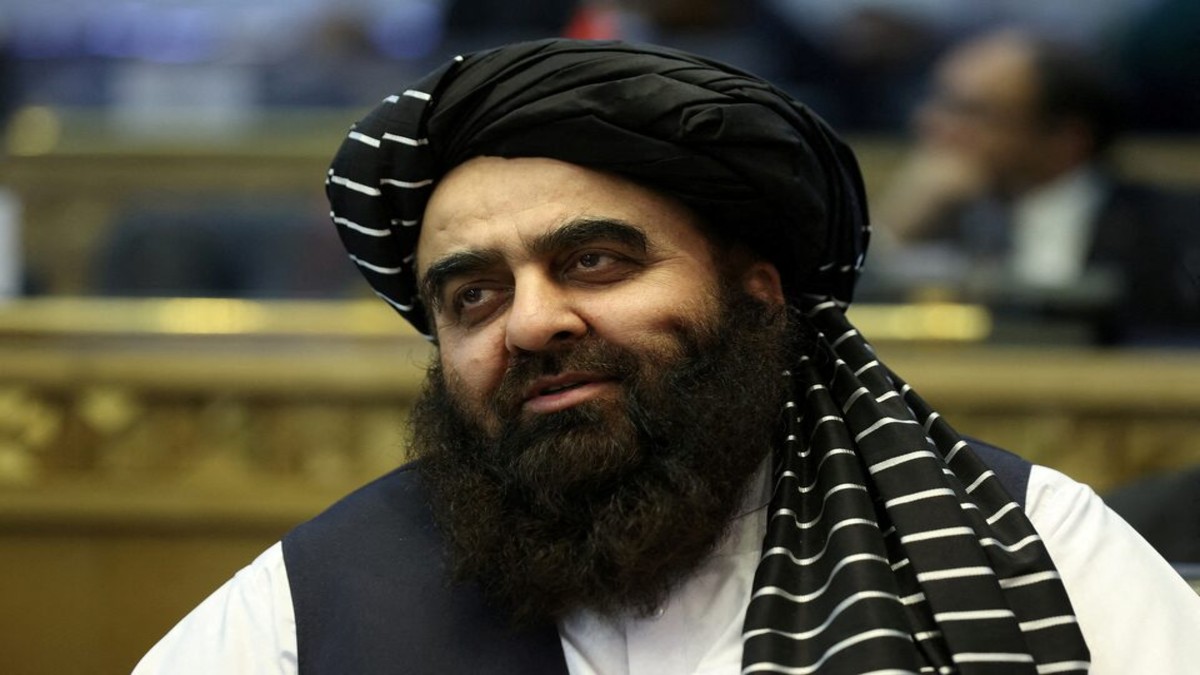)
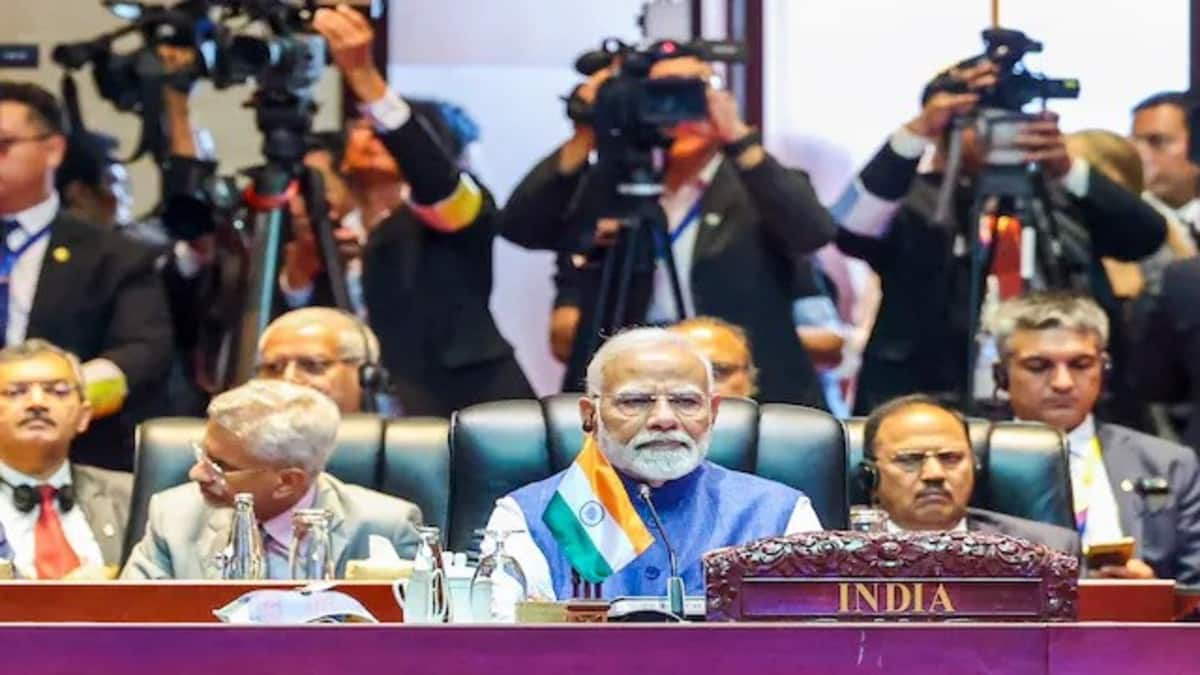
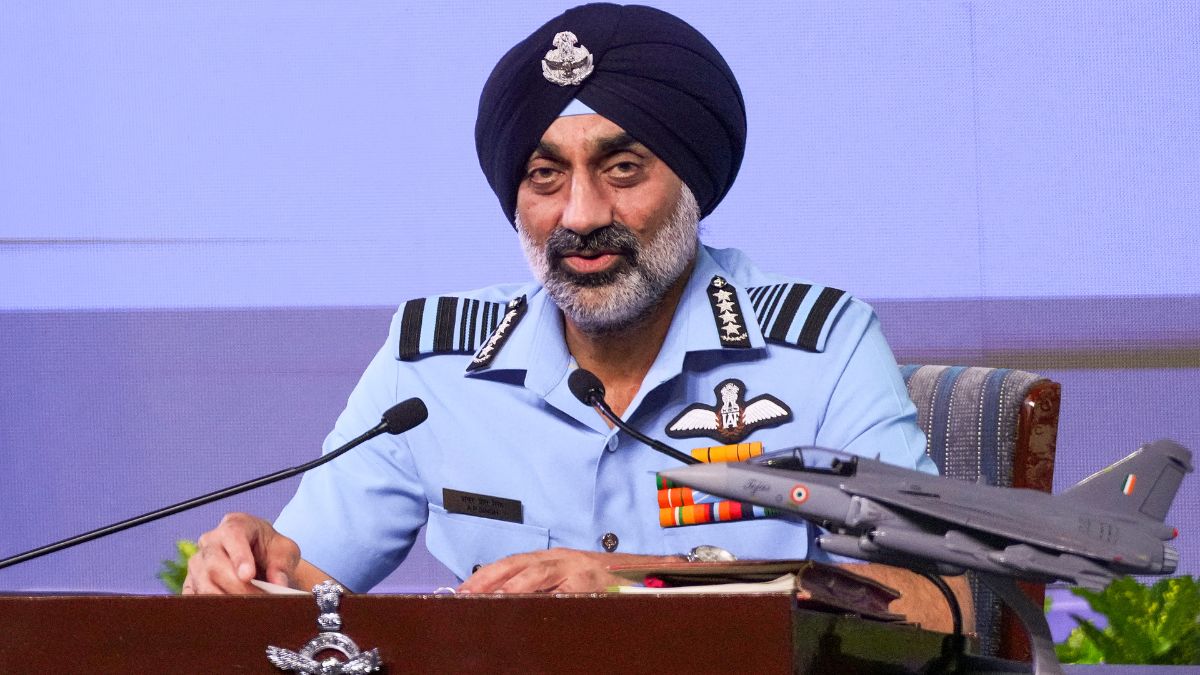)
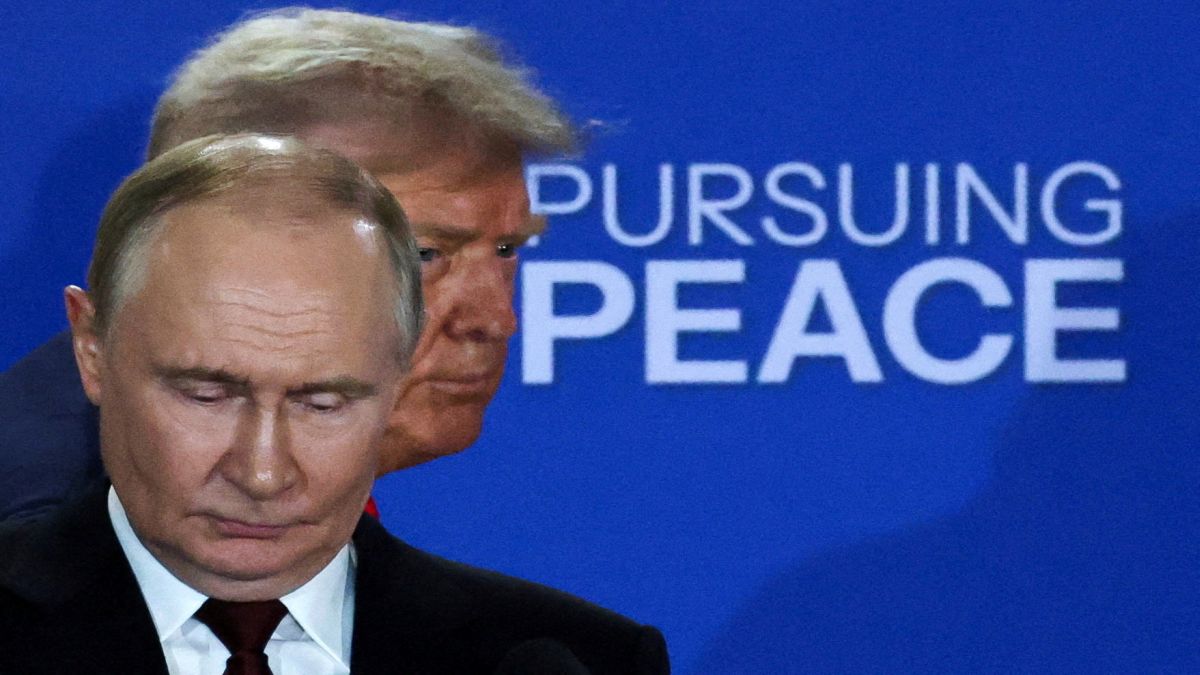)
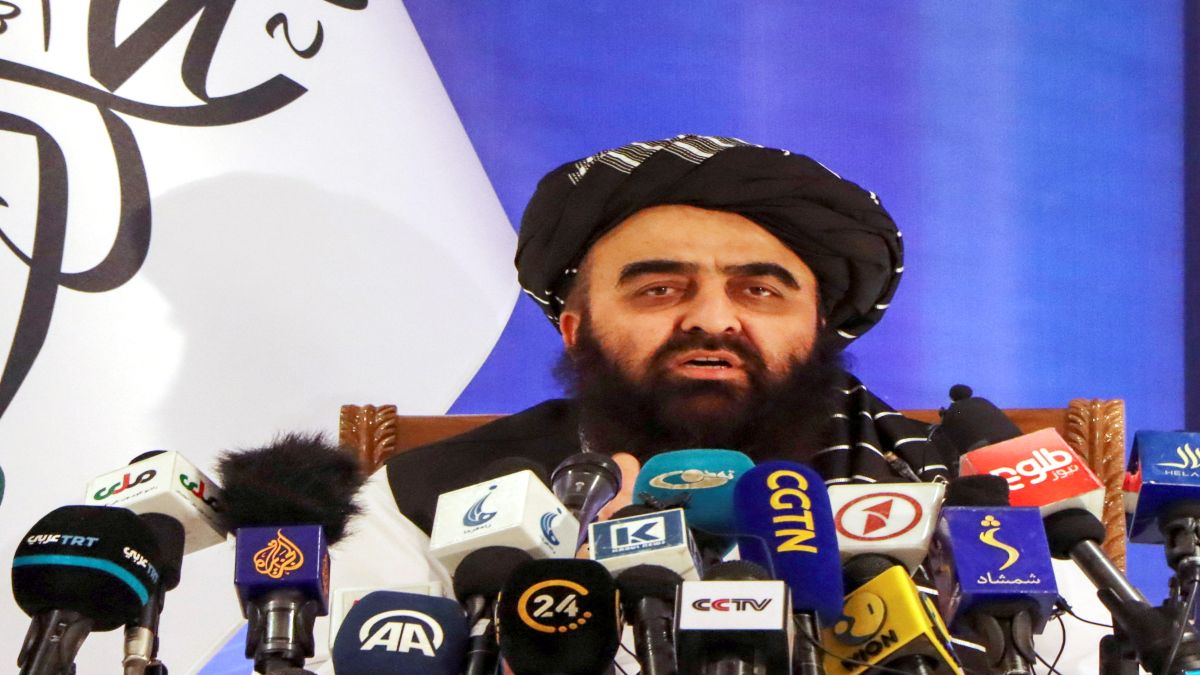)
)
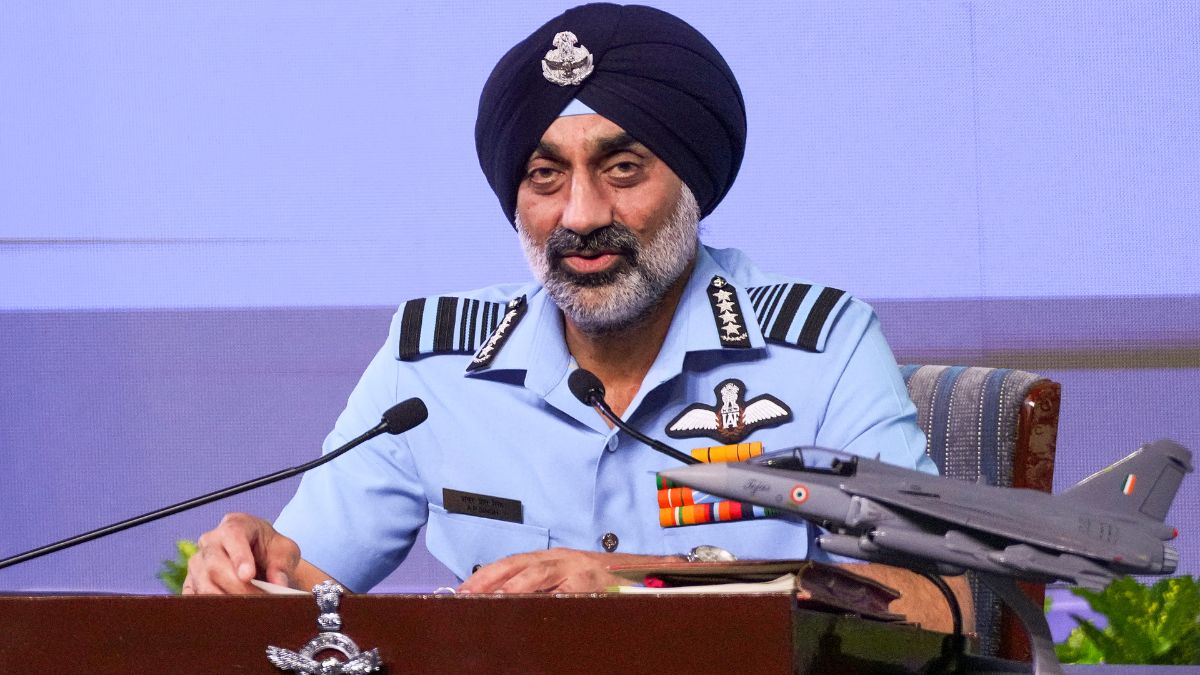)
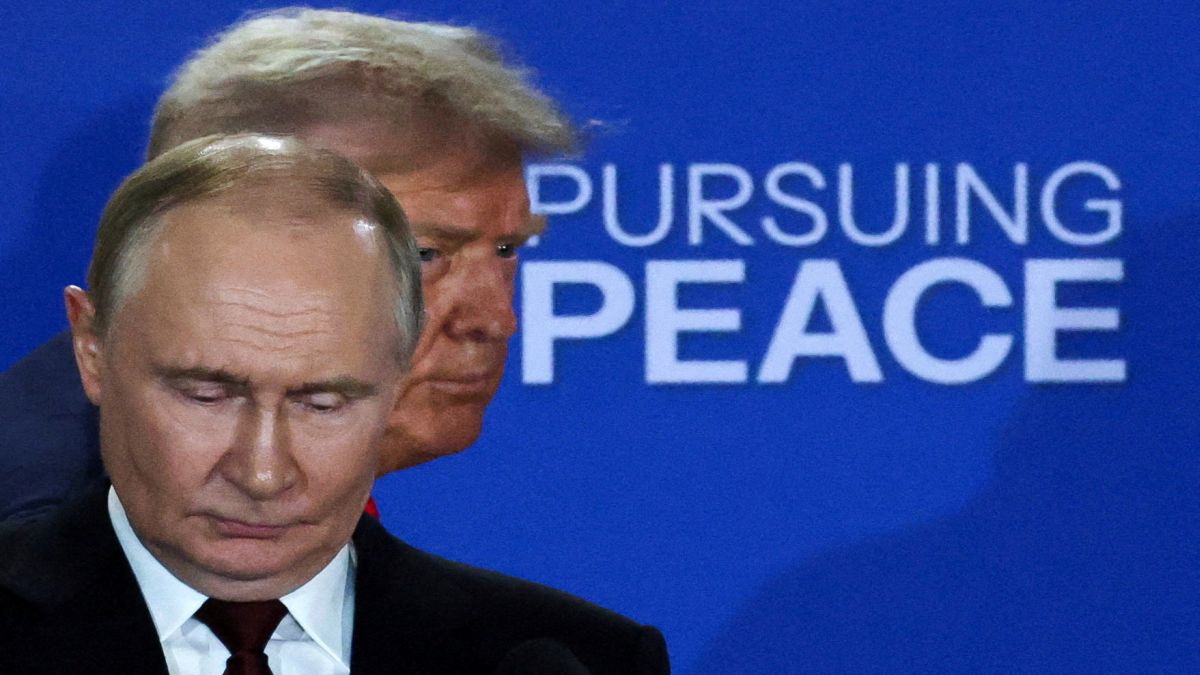)
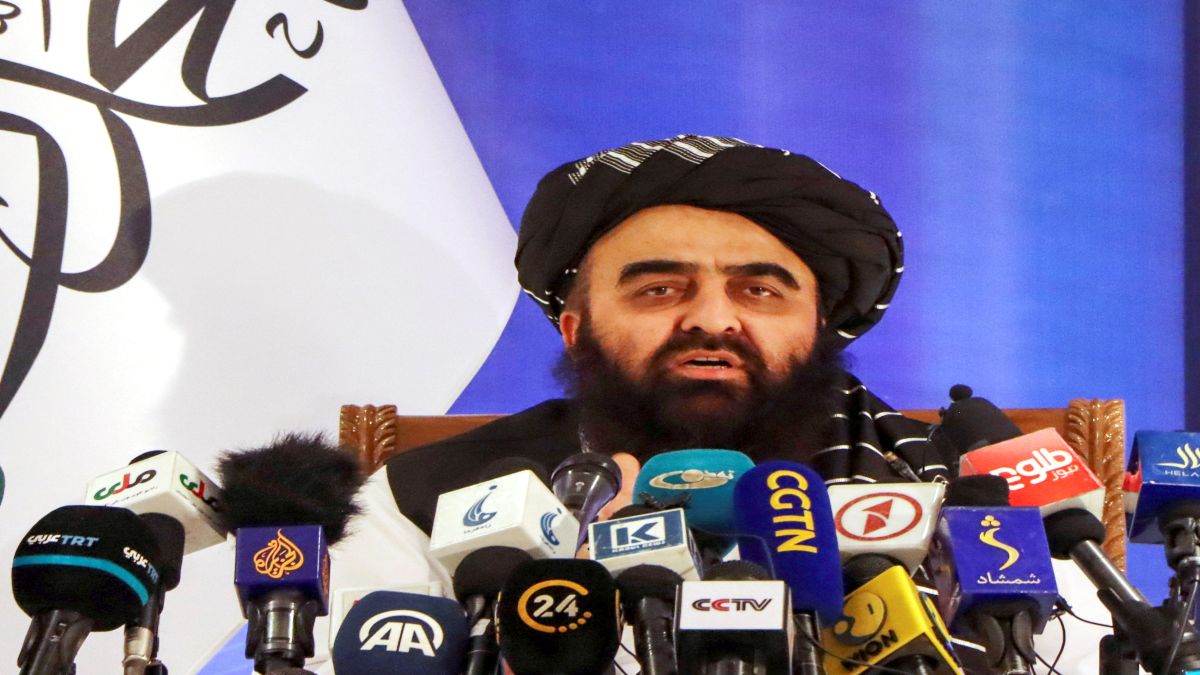)
)



